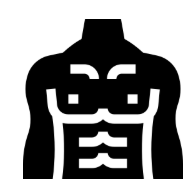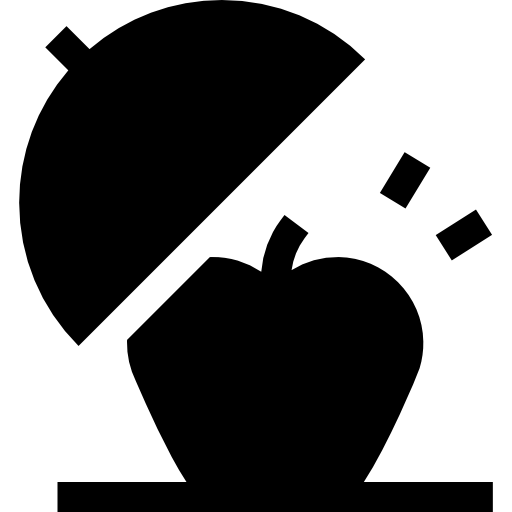
What’s More Important: Exercise or Diet?
It’s the biggest question in health and fitness: what really matters more — what you eat, or how much you move?
At Flush, we see this debate come up constantly, whether it’s around weight loss, ageing well, performance, or even sleep. To settle it, we broke the question down into four key goals and examined what science — and real-world experience — tells us.
1. For Weight Loss
The verdict here is surprisingly straightforward: diet matters most.
“You cannot out-train a bad diet,” says Sean Murphy, Global Personal Training Director at Ultimate Performance. Calories in versus calories out is the fundamental principle. Exercise helps, but without creating a calorie deficit through your diet, weight loss won’t happen.
A 2017 review confirmed that exercise alone plays only a small role in weight reduction, with sustainable results requiring both diet and movement.
That said, adding resistance training changes the quality of weight loss — protecting muscle mass while targeting fat. Studies show that just 30 minutes of weight training, three times a week, improves muscle’s ability to use glucose and support long-term body composition.
Verdict: Diet 80% – 20% Exercise
2. For Healthy Ageing
Ageing brings risks like osteoporosis, muscle wasting, and inflammation. The question is: which slows the clock better?
A 2023 year-long study in adults over 65 found diet, or diet plus exercise, improved markers of biological age — but exercise alone didn’t. Reducing calories, eating anti-inflammatory foods, and prioritising protein, calcium, and vitamin D all help extend healthspan.
Still, exercise plays a key role. Retaining lean mass through resistance training is strongly linked to longer life expectancy, and strength training reduces muscle inflammation, supporting independence as we age.
Verdict: Diet 60% – 40% Exercise
3. For Performance
Here, exercise takes the crown.
No diet alone will make you stronger, faster, or better at your sport. Training is what builds performance. However, nutrition shapes how well you recover, adapt, and progress. Without adequate calories and protein, fatigue and injury risk rise sharply.
Research shows that spreading protein intake evenly through the day — around 20–30g after training, with 1.6g per kg of body weight across the day — optimises muscle growth and recovery. Carbohydrates fuel endurance and prevent fatigue, while fats support hormone balance and energy.
Diet is the foundation, but training is the driver.
Verdict: Diet 30% – 70% Exercise
4. For Sleep
Diet and exercise both play vital roles in sleep quality.
Reviews of dozens of studies show that excess calories — especially from high-fat, high-carb late-night meals — harm sleep quality. On the other hand, foods rich in tryptophan, magnesium, antioxidants, and melatonin can support deeper rest.
Exercise generally improves sleep onset and duration, with daily walking being particularly effective. The only caveat: vigorous exercise within four hours of bedtime can sometimes disrupt rest.
In practice, a balanced diet plus regular activity is the winning formula, with mindfulness and stress reduction also shown to improve sleep.
Verdict: Diet 50% – 50% Exercise
Final Word
So, which matters more overall?
-
Weight loss: Diet dominates
-
Healthy ageing: Diet slightly leads, exercise vital for lean mass
-
Performance: Exercise wins, but diet fuels progress
-
Sleep: A draw
On balance, diet edges ahead at 55% to exercise’s 45%. But the truth is, they’re teammates, not rivals. One without the other will always limit your results.
At Flush, our philosophy is simple: food fuels life, movement sustains it. The synergy between the two is where lasting transformation happens.





